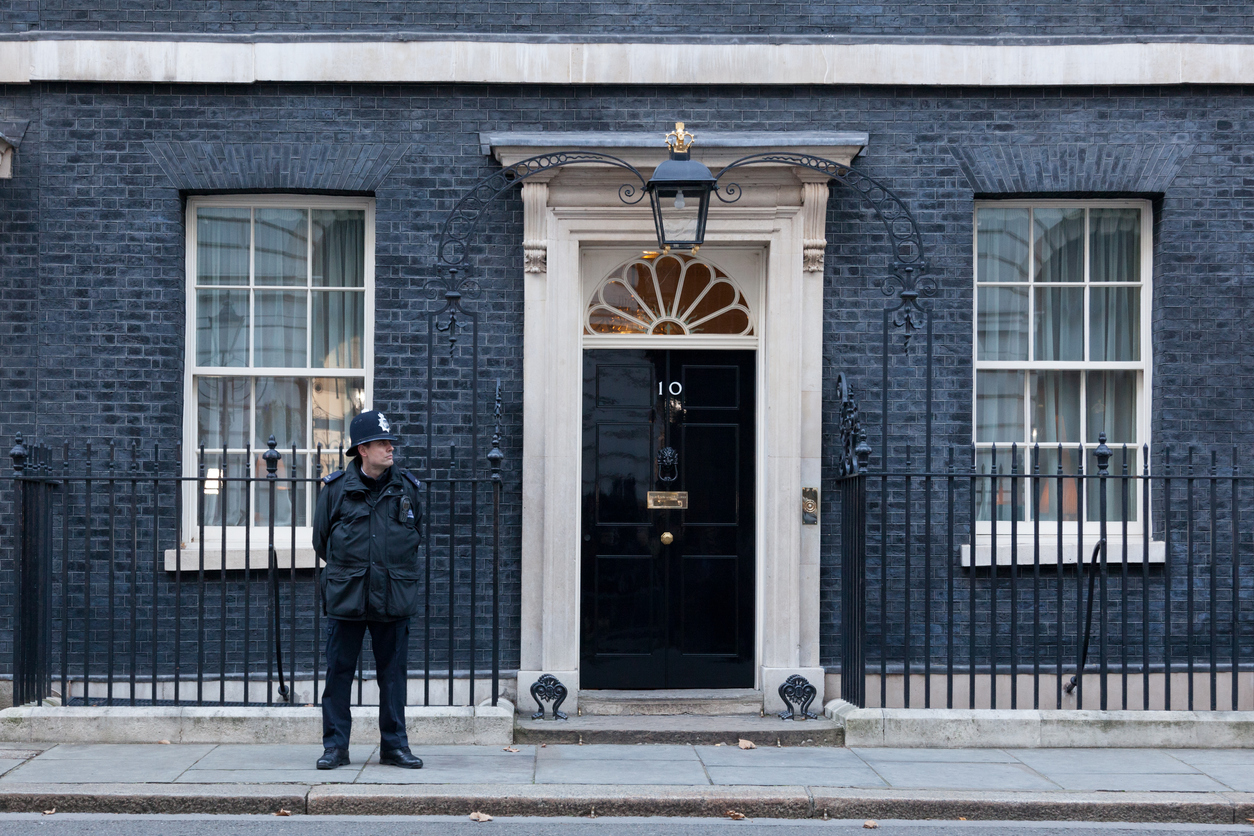It’s an idle chit-chat conversation in the pub with your mates; “What would you do first if you were Prime Minister?”.
The usual answers will inevitably come up. “Cure world hunger” or “Broker peace in the Middle East” are some of the more selfless and laudable answers heard. Your wannabe comedian friend will no doubt say “pay myself a billion pounds”…… and then eventually it’ll be my turn and I’ll demonstrate why I don’t get invited to dinner parties.
I’d repeal the first sub-paragraph of Section 16(13) of the Communications Act 2003
Bear with me on this.
That sub-paragraph is the first definition that lumps small businesses in with residential consumers in Ofcom’s statutory powers; it appears slightly tweaked again a few times in the same instrument. It defines some of Ofcom’s specific remits to include;
a person who is a consumer in the market in respect of an undertaking carried on by him for which more than ten individuals work (whether as employees or volunteers or otherwise);
Various current and proposed regulatory obligations in the UK are dependent on this; from requirements to do with the content of a contract, through to how so-called “mid-term price rises” are handled to end of contract notifications and transparency around emergency services access.
For those not based in the UK, there’s one key piece of background which will immediately make it clear why this should feature on the front page of dumblaws.com. There is no statutory register of the number of employees a business has (let alone volunteers at a charity).

So, you could lawfully sign up a business on an auto-renewing contract when it has 11 employees. If they make one redundant, does that mean those provisions in the contract are null and void? If you have an animal shelter with ten volunteers and one day one of those volunteers brings their friend along to help walk the dogs, does that mean they lose all the statutory protection previously afforded to them?
Far from being something esoteric, it has significant practical consequences such as the jurisdiction of the statutory Alternative Dispute Resolution scheme versus the County Courts and can significantly impede normal commercial and marketing activity; even the simple act of considering an inflationary price rise needs careful thought as to whether or not you may gift your clients an immediate penalty free exit from the contract.
Is it the number of employees at the time the contract is executed that counts? Is it at the moment an issue arises or when jurisdiction is tested, even if it is 5 years on from the original contract? Is it the number of employees or volunteers on the Queen’s birthday? Did Parliament really intend to give a boutique firm of 9 procurement lawyers more protection from big bad telcos than a homeless shelter lucky enough to have more then 10 volunteers?
The rationale for this is likely lost to the Sands of Time, but a lengthy review of the records of Parliamentary debates and correspondence at the time the then Communications Bill was passing through both Houses by Exonia’s researchers didn’t yield anything. On the basis of their work, it would appear it was put in and left unchallenged.
Fifteen years on, it is driving increasingly frustrating behaviour from the regulator. Very few would argue that a sole trader is much different to a residential consumer, but if you make choices to incorporated with limited liability and accept the fiduciary responsibilities that come with statutory Directorship and employing 9 staff, then surely you can be trusted to enter into a contract for a mobile phone? No-one can credibly argue that a family manufacturing plant is the same as a window cleaner, surely?
Oh, and there is no jurisprudence on the definition or guidance from the regulator on any of these questions, aside from a “we’ll take the circumstances into consideration during enforcement action, if necessary”.
UK plc is driven by millions of small businesses, but to lump them all together with the Joneses is disingenuous. Business’ demands on broadband, for example, are far more symmetric in bandwidth than the average residential consumer. Other needs, such as fault repair, lead time v right first time, are also very different to those just wanting to watch Netflix. Yet Ofcom do largely consider them in a single breath.
It’s not entirely a criticism of Ofcom; the regulator is playing the hand it has been dealt. That said, it’s certainly a criticism of the lack of scrutiny this issue received in 2002 and a lack of correcting it during some golden opportunities like the Digital Economy Act 2017.
So yes, if I were Prime Minster, whilst en route to do some of the far more laudable stuff, my first act would indeed be to repeal a paragraph of the Communications Act 2003.
In the meantime, if you’re affected by this provision, Exonia has advised clients on practical ways of trying to comply with the impossible; do feel free to reach out to us if you think we can help.


